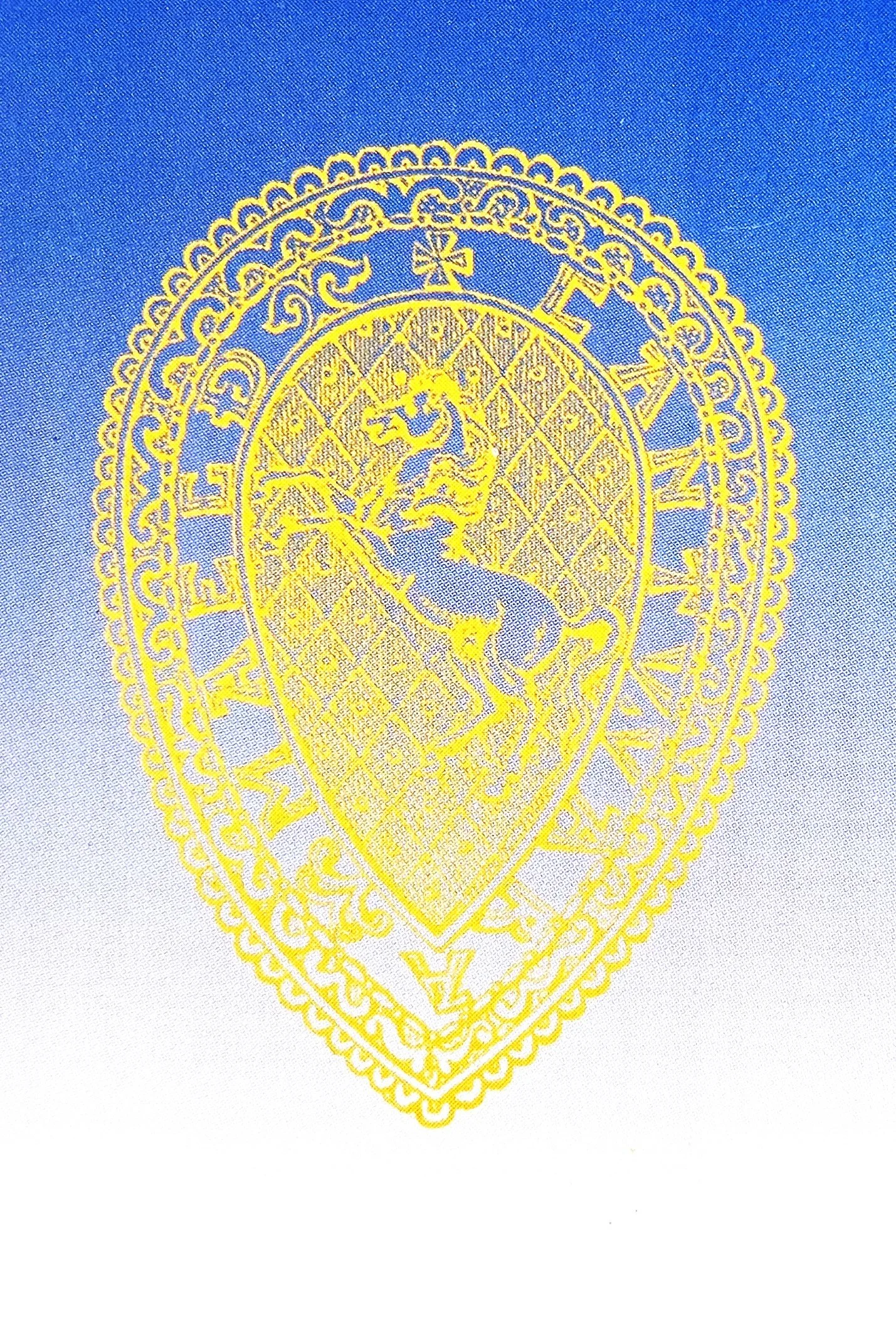
KAS Newsletter, Issue 59, Winter 2003/4
Discoveries at Thurnham, Valley Park School's archaeology center, historical insights on Wesley, Whitefield, and more.
Contributions to the next issue are welcome. See the guidance for contributors and contact Editor Craig Campbell.
Search page
Search within this page here, search the collection page or search the website.
Previous
Previous
Shiela Broomfield: 40 years an ‘amateur’
Next
Next
Thurnham Potin Hoard
Written By KAS
Featured
KAS Newsletter, Issue 59 (Winter 2003/4). Maidstone: Kent Archaeological Society.
KAS Newsletter, Issue 59 (Winter 2003/4). Maidstone: Kent Archaeological Society.
KAS Newsletter, Issue 59 (Winter 2003/4). Maidstone: Kent Archaeological Society.
Shiela Broomfield, 2004, KAS Newsletter, Issue 59 (Winter 2003/4). Maidstone: Kent Archaeological Society.
KAS Newsletter, Issue 59 (Winter 2003/4). Maidstone: Kent Archaeological Society.
KAS Newsletter, Issue 59 (Winter 2003/4). Maidstone: Kent Archaeological Society.











